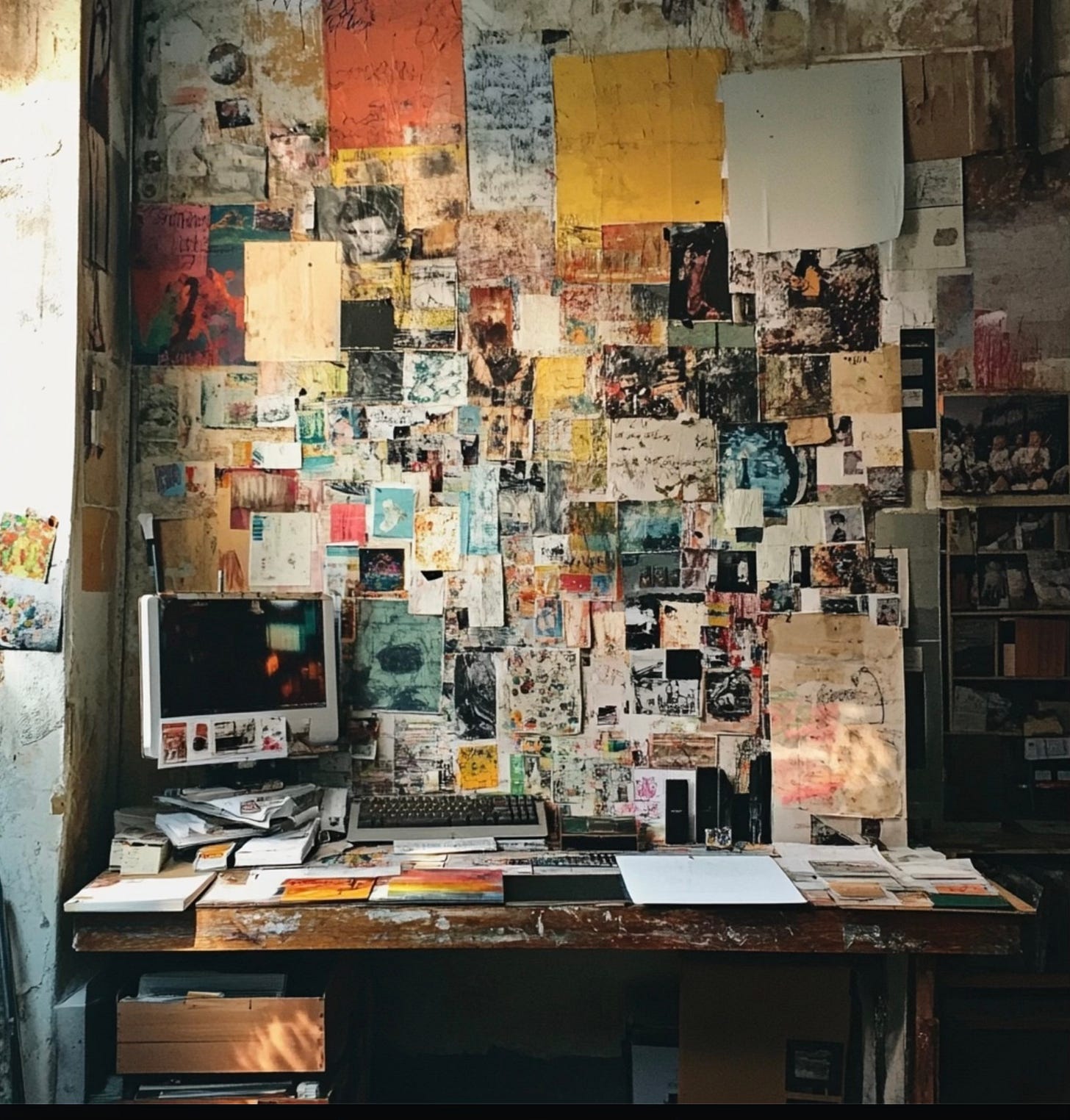Why AI Cannot Write The Iliad: The Limits of Artificial Creativity
Cultural expression requires more than data - it needs the peculiar magic of human experience
Throughout recorded human history, the constant creation of cultures in different times and places has always been our most impressive testament to the power of our intelligence and our human will. Through time the stories, songs, and images that define who we are, where we've been, and where we might be going have tracked our development and growth.
But now, we stand at a junction where artificial intelligence (AI) is not just an observer but potentially a co-creator of this cultural fabric. The question then arises: How will AI shape the future of our cultural narratives?
AI, with its enormous capacity to process and generate data, is now in a position to revolutionise storytelling, music, and art. The very means of how we understand ourselves and each other best.
On one hand, there's the risk of homogenisation. A dull all-pervading consensus. A tasteless, uninspiring mush, signifying nothing. The output may be accurate in its technical detail but it fails to communicate real human truths at the level we communicate with each other. This assumes the bias problem in AI systems has already been resolved, but we are far from achieving that.
AI is mainly trained on vast datasets from a predominantly Western digital culture. This leads to a uniformity in narrative styles or musical genres, echoing the same themes and structures ad infinitum.
AI can amplify the biases embedded within its training data, potentially reducing cultural diversity to a narrow, predictable spectrum.
However, it is possible to argue against this dreary prospect. By leveraging algorithms to remix and reinterpret cultural artefacts, AI can introduce new genres, styles, or even entirely novel narratives.
For instance, the AI project DALL-E, by OpenAI, has produced visual art that blends elements in novel ways human artists might never consider. This suggests a future where AI could facilitate a cultural renaissance by breaking down traditional boundaries.
Possibly, while novelty can be fun and diverting, does it really serve us at the deepest levels in the same way that great art does? For real creativity, it will take some human artist somewhere to do something interesting with the tools at hand, as they have always done in the past.
If I am wrong then the ethical considerations are profound. If AI shifts from acting as a supportive assistant to dictating what stories are told or what music is heard, we must ask what 'good' or 'authentic' culture looks like? What would become a true history for future generations of what we are really like?
For instance, ‘The Iliad’ is an amazing story but in our modern societies it could never be created. The gods are gone and we have new ones in their place. But in its pages it contains a history of what we were and, most importantly, still are in a form and manner that no machine could ever do. The story told is just too strange to be made up but it is also so accurate about what we are like as humans. We constantly return to it to see ourselves anew and to remind us of what it is like to be human.
AI could be funnelled all the information needed to create a story just like The Iliad but it wouldn’t be able to come close to what is really to be understood from the telling of the tale. A true work of art like this is a living experience. Something AI will never be able to do. That sense of life can never exist in binary code.
The role of AI in shaping future cultural narratives is to confine not liberate, standardise not innovate. The challenge lies in guiding AI to enhance rather than dictate cultural evolution. We must ensure that AI systems are trained on varied and disparate datasets, and that there's transparency about how AI influences what we see, hear, and read.
As we move forward, the integration of AI into our cultural production must be approached with both enthusiasm for its possibilities and wariness of its pitfalls. AI is here to stay, whether it will be a story of rich, pluralistic creativity or one of monotonous, algorithmically driven sameness is something of which to be very attentive and very careful.



